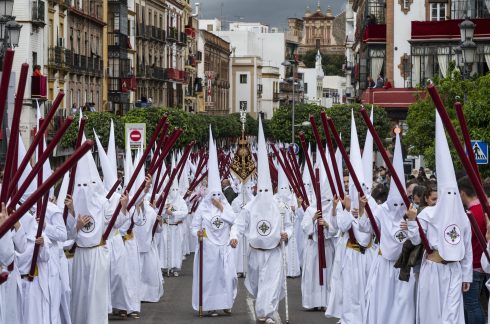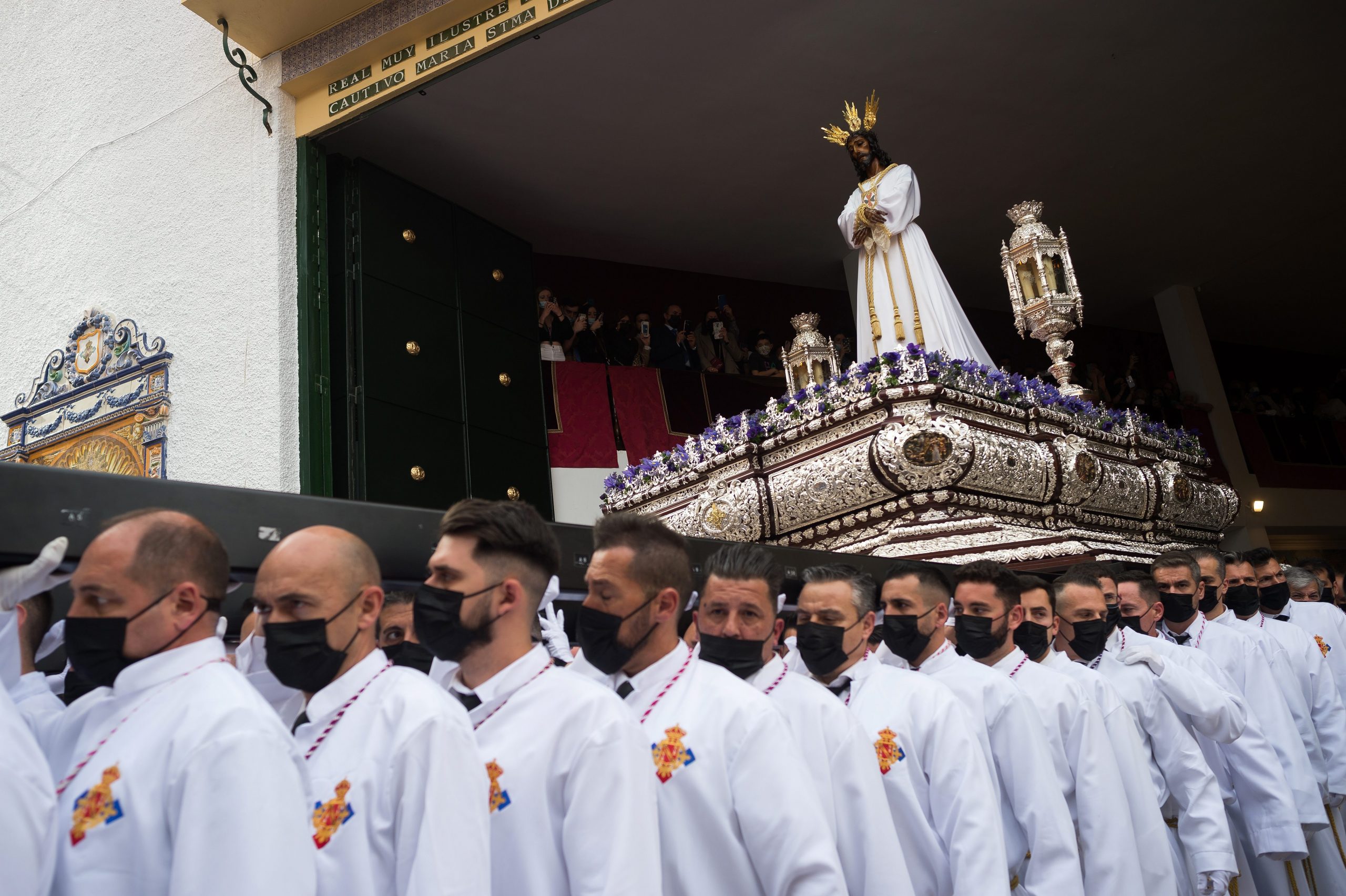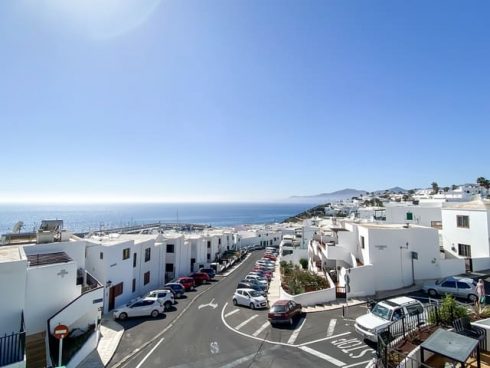THIS week will see the pardoning of a handful of lucky inmates across Spain chosen for release by the Church as part of an Easter tradition dating back more than two centuries.
Spain’s government has granted 11 pardons so far this year from requests made by religious brotherhoods across Spain under a privilege granted by King Carlos III in the 18th century.
Prisoners are normally released as part of a ceremony tied in with the processions carried out by the brotherhoods on the Wednesday of Semana Santa.

Legend has it that the tradition to release selected prisoners at Easter begun when 1759 a riot broke out in a Malaga prison after inmates found out Easter processions would be cancelled due to a plague outbreak.
They were so outraged that they forced their way out of jail in order to carry Jesus’ image through the streets. Then, much to everyone’s surprise they returned to their cells.
King Carlos III was so impressed that from that day on he decided to free two dozen convicts every Easter.
The tradition, that echoes the liberation of Barabbas at the expense of Christ, lives on to this day, benefiting around 15 prisoners a year across Spain.
All cases are subject to the same conditions as any other official pardon, which are described in the state bulletin publishing this year’s list of reprieved prisoners as “reasons of justice, equity or benefit for the general public”.
READ MORE:
- Six typical Easter dishes to savour during Semana Santa in Spain
- IN PICS: Antonio Banderas returns to leading role in Easter processions in his home city of Malaga
- EXPLAINER: Why are Spain’s Semana Santa hats conical and are they linked to the KKK?









